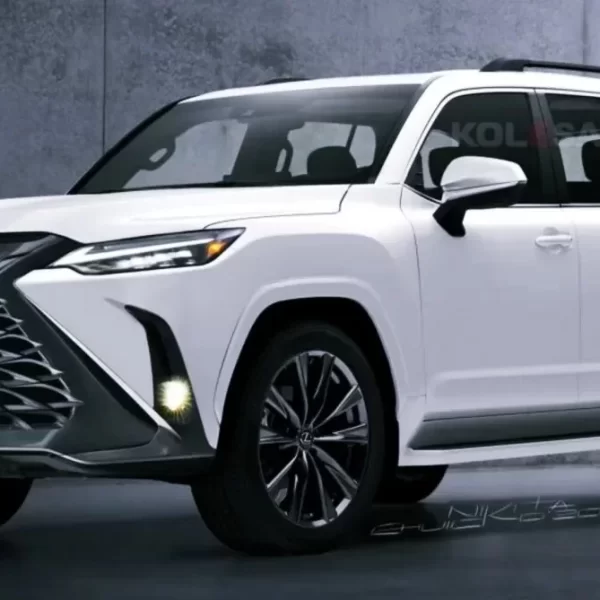
Deciding to sell your car is a significant decision that involves careful consideration of various factors. Whether you’re looking to upgrade to a newer model, downsize, or simply want a change, understanding the right time to sell is crucial. In this guide, we’ll explore key indicators and considerations to help you determine when the optimal moment has arrived to part ways with your vehicle.
- Age and Mileage:
- Market Conditions: Stay informed about the current state of the automotive market. External factors, such as economic conditions, fuel prices, and industry trends, can impact the demand for specific types of vehicles. If there’s a high demand for your car’s make and model, it might be a good time to sell for a favourable price.
- Maintenance Costs:Monitoring maintenance costs is crucial when contemplating the right time to sell your car. As vehicles age, the likelihood of repairs and upkeep expenses increases. Evaluate the cumulative cost of regular maintenance, unexpected repairs, and potential future issues against the current market value of your car. If the maintenance expenses begin to outpace the perceived value, it may be an indication that selling your car is a financially prudent decision. Assessing this balance helps you make informed choices, ensuring you don’t invest more in upkeep than the vehicle’s overall worth. Regularly review maintenance records and factor in potential future costs to determine the optimal time for a sale.
- Upgrades and Improvements: If you’ve invested in significant upgrades or improvements, it might be worth waiting until you can recoup some of those costs. However, be mindful that not all modifications increase a car’s resale value. Research and understand the market’s perception of specific enhancements to determine if they add value to your car.
- Seasonal Considerations: Certain times of the year can affect the demand for different types of vehicles. For example, convertibles might be in higher demand during the summer, while four-wheel-drive vehicles could be more sought after in the winter. Timing your sale to coincide with seasonal demand can help you secure a better deal.
- Vehicle Depreciation: Recognize that all cars depreciate over time. Some cars, however, depreciate faster than others. Understanding the depreciation curve of your particular make and model can help you anticipate when the value of your car might take a significant dip, prompting you to consider selling beforehand.
- Lifestyle Changes:Lifestyle changes can be a significant catalyst for considering the sale of your car. As your life evolves, so do your transportation needs. Factors such as a longer commute, a growing family, or a relocation to a different environment can impact the suitability of your current vehicle. Assess whether your car aligns with your current lifestyle and meets the demands of your daily activities. If your circumstances have shifted, selling your current vehicle and acquiring one that better suits your lifestyle can enhance convenience and satisfaction. Being attuned to these changes ensures that your mode of transportation remains a seamless and practical fit for your evolving life.
Conclusion
Deciding when to sell your car is a nuanced process that involves a combination of factors. By carefully considering the age, mileage, market conditions, maintenance costs, upgrades, seasonal influences, and lifestyle changes, you can make an informed decision about the optimal time to part ways with your vehicle. Keep an eye on the market, assess your car’s condition, and be strategic to maximize the resale value and ensure a smooth transition to your next set of wheels.
If you want to buy or sell a used car in Kerala, contact your nearest certified car dealership near you.
Read to know:
Your Ultimate Guide to Finding Quality Used Cars for Sale







